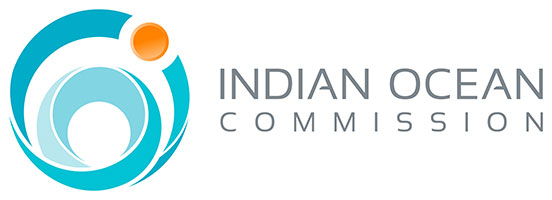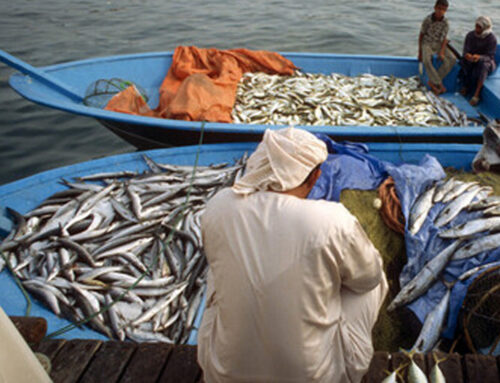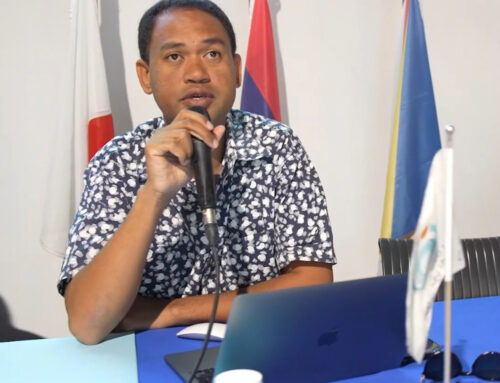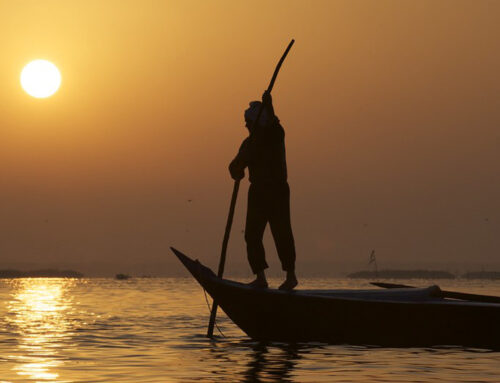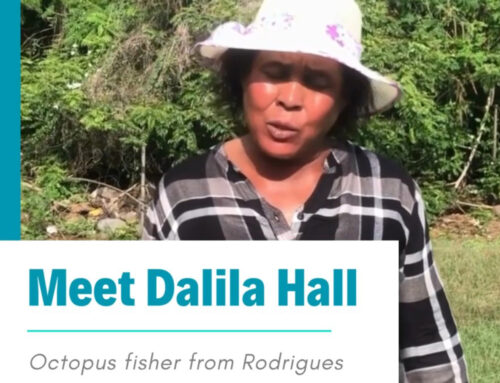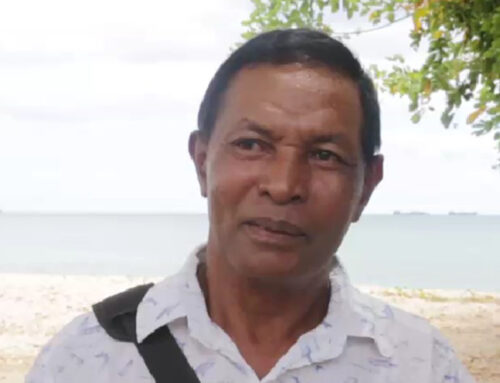Fishing is a well established activity for the population of Saint Augustin – a village found in the Tulear province in Madagascar. The reason? While the families in this village mainly live off fishing, it is also one of the few ways they can make a bit of money.
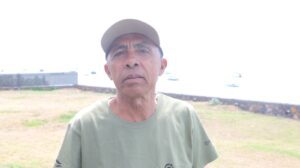 This is the case of Razafimandimby Charles. For him, as for many villagers, fishing is a family matter.
This is the case of Razafimandimby Charles. For him, as for many villagers, fishing is a family matter.
“Where I come from, men go fishing at sea, while women and children are the fishmongers who sell our goods in town,” underlines the Malagasy fisherman.
Not always easy
Despite working hard to support themselves, the families of Saint Augustin, unfortunately, often suffer from unfavourable circumstances.
Fish trading, for example, requires good logistics. However, the villagers have trouble organising themselves properly. Before selling their catches, Charles and his family have to go through a long wait under the sun, and a day-long trip in a bush cab, without coolers to preserve the fish. The latter often spoils quickly and becomes difficult to sell.
As for the local fishers, in the absence of motorised boats, they use wooden pirogues with sails and paddles… Unfortunately, this does not allow them to go to the open sea. They are therefore very limited in terms of practicable fishing zones.
“The situation is difficult. We know that the production is not enough, and that we are fishing in an overexploited area. We can neither make ends meet, nor feed ourselves. We can barely satisfy our needs, especially when it comes to social, health, and our children”, complains Charles.
Trainings and solutions
Well known for its great initiatives over the years, the Federation of Artisanal Fishermen of the Indian Ocean (FPAOI) enhances the knowledge and skills of fishermen to improve their daily lives. Having joined the FPAOI in 2015, Charles and his association are hoping that their situation will improve.
He went to Mauritius to attend one of these courses – the second this year. During these sessions, he learned about processing, proper fishing techniques, fishing around a FAD (Fish Aggregating Device), and how to set up a FAD.
“If we can adopt these new techniques and leave traditional practices behind, or define specific areas with FADs and better manage overfishing, we may finally see better days,” he says full of hope.
Better informed now, thanks to the training he has received, Charles must now share his knowledge! He is expected to become a trainer himself, in order to teach the fishermen of his village how to fish better and where to do it!
These wonderful initiatives herald a better future for the villagers of Saint Augustin.
